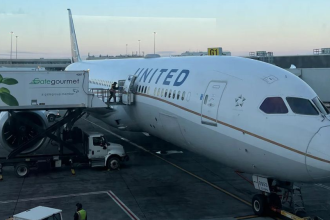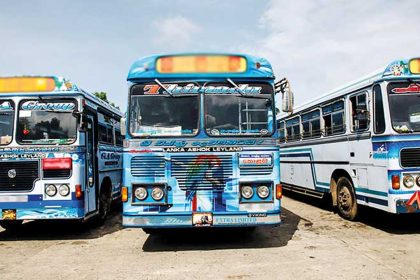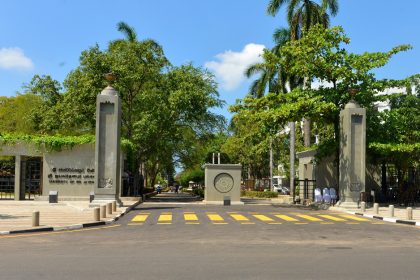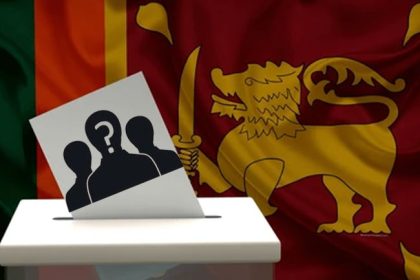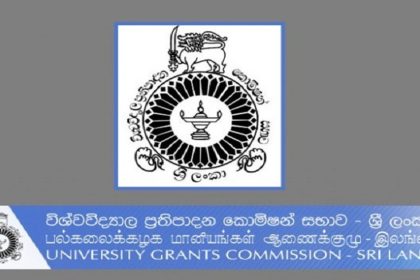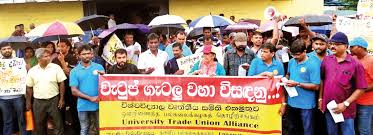The recent decision by the U.S. government to freeze funding from the United States Agency for International Development (USAID) has plunged Sri Lanka’s non-governmental organization (NGO) sector into turmoil, placing over 1,000 jobs at risk. This abrupt funding halt is particularly devastating for organizations focused on democracy, human rights, and governance, as many rely heavily on USAID support to sustain their critical programs.
Impact on Sri Lankan NGOs
The funding freeze affects a vast number of NGOs engaged in human rights advocacy, good governance initiatives, and support for women’s and LGBTQ rights. According to estimates from the NGO Secretariat, USAID contributed nearly half of the total funding received by NGOs and civil society organizations (CSOs) in Sri Lanka, amounting to approximately Rs 15 billion last year.
The immediate effects of this funding suspension are severe. Organizations such as Women In Need (WIN), which provides crucial support to survivors of domestic violence, face the prospect of shutting down due to their heavy dependence on USAID grants, which constitute 85% of their operational budget.
Mariam Mohamed, WIN’s Programme and Legal Manager, voiced her concerns: “We may have to shut down the center entirely… A non-profit such as WIN is not equipped to bear this cost.” The organization is now in talks with government ministries to seek alternative support but remains uncertain about its future.
Political Context
This funding suspension aligns with President Donald Trump’s “America First” policy, which prioritizes domestic spending over foreign aid. The abrupt decision has caught many organizations off guard.
“This decision has blindsided us. We’ve had to let go of staff, and if the freeze continues, many programs will collapse,” said an official from an affected NGO.
The situation has been further complicated by the controversy surrounding billionaire Elon Musk’s appointment as head of the Department of Government Efficiency (DOGE). Musk has openly criticized USAID, calling it a “criminal organization” and advocating for its dissolution after his representatives were denied access to classified agency materials. The internal upheaval within USAID has led to widespread layoffs, with nearly 60 senior leaders being removed, disrupting U.S. foreign aid missions worldwide.
Broader Implications
USAID plays a vital role in managing over half of the $72 billion in U.S. foreign aid distributed across nearly 180 countries in 2023. The current funding freeze threatens not only Sri Lankan NGOs but also key government programs that rely on U.S. assistance for capacity building and technical support.
The repercussions extend beyond job losses, affecting essential services provided by NGOs to vulnerable populations. Some organizations had not yet paid January salaries before the funding halt was implemented, leaving employees in financial distress.
Many NGO leaders have expressed frustration over the abrupt nature of the decision, feeling betrayed by the lack of warning. “We had contracts with the State Department and USAID… All of that was scrapped with no notice,” said one anonymous NGO leader.
Conclusion
The freeze on USAID funding marks a significant shift in U.S. foreign aid policy under the Trump administration, casting doubt on the future of numerous humanitarian organizations in Sri Lanka. As NGOs struggle to adapt to this sudden loss of funding, they face an uncertain future, while the global community watches closely, anticipating similar challenges in other regions that depend on U.S. aid.



